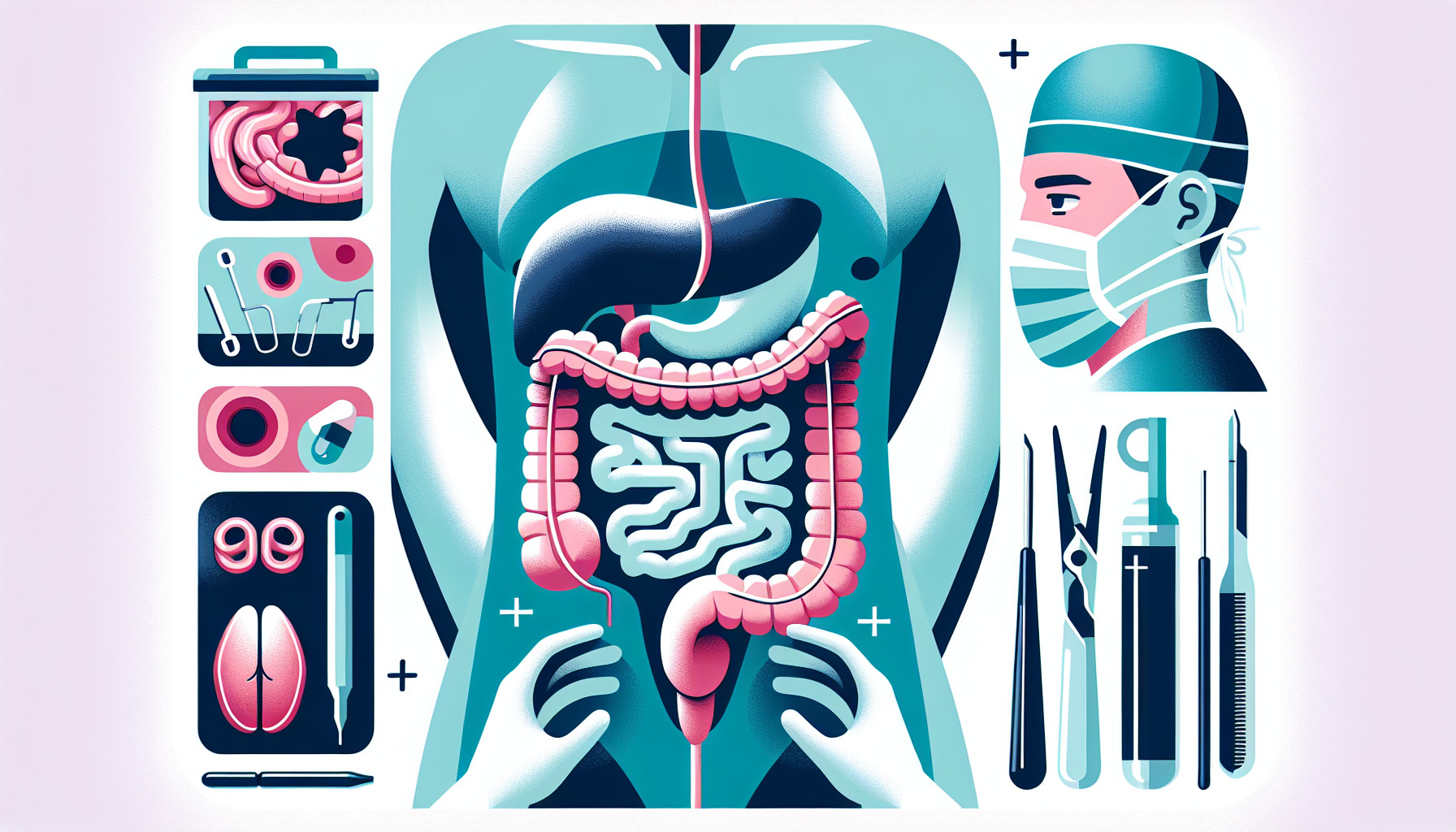Our Summary
This research paper discusses small bowel transplantation, which is a primary treatment for people suffering from intestinal failure. Although there have been advancements in other treatment methods like parenteral nutrition (delivering nutrients directly into the bloodstream), these can lead to serious issues, like metabolic dysfunction and organ failure, if used for a long time.
But small bowel transplantation comes with its own challenges. The small intestine tends to cause strong immune responses, which can lead to the body rejecting the transplanted organ. This is because the small intestine contains a lot of immune-related tissue and antigens, substances that can trigger an immune response.
The paper explores why these immune rejections happen and looks at different ways to prevent and treat them. These findings help further our understanding of small bowel transplantation.
FAQs
- What is small bowel transplantation and who is it useful for?
- What complications can arise from long-term use of parenteral nutrition?
- What are the mechanisms underlying immune rejection after small bowel transplantation and what are the options for prevention and treatment?
Doctor’s Tip
One helpful tip a doctor might tell a patient about intestinal transplant is to adhere strictly to their prescribed immunosuppression medication regimen. This is crucial in preventing rejection of the transplanted intestine and ensuring the long-term success of the transplant. It is important to take the medications exactly as prescribed, at the correct times, and not to miss any doses. Additionally, patients should communicate any changes or concerns about their medication regimen with their healthcare team promptly.
Suitable For
Patients who are typically recommended for intestinal transplant are those with irreversible intestinal failure who are dependent on long-term parenteral nutrition and are experiencing complications such as liver failure, infections, or metabolic dysfunction. These patients may have conditions such as short bowel syndrome, chronic intestinal pseudo-obstruction, or inflammatory bowel disease that have not responded to other medical treatments. Intestinal transplant may also be recommended for patients with intestinal cancer or other conditions that require the removal of a significant portion of the small bowel.
Timeline
Before
- Patient is diagnosed with intestinal failure, often due to conditions such as short bowel syndrome, ischemic bowel disease, or intestinal pseudo-obstruction.
- Patient undergoes extensive medical evaluations and tests to determine if they are a suitable candidate for intestinal transplant.
- Patient is placed on a waiting list for a donor intestine, which can take months to years due to the scarcity of available organs.
- Patient may experience complications from long-term use of parenteral nutrition, such as liver failure, infections, and metabolic disorders.
After
- Patient undergoes intestinal transplant surgery, which may involve removing the entire small intestine or a portion of it and connecting the donor intestine to the patient’s digestive system.
- Patient is closely monitored in the intensive care unit post-surgery for complications such as infection, rejection, and organ failure.
- Patient undergoes immunosuppressive therapy to prevent rejection of the donor intestine. This may include a combination of medications such as corticosteroids, calcineurin inhibitors, and anti-lymphocyte antibodies.
- Patient undergoes regular follow-up appointments with their transplant team to monitor for signs of rejection, infections, and other complications.
- Patient may experience complications from the transplant, such as graft-versus-host disease (GVHD), infection, and metabolic issues.
- Patient may need to make significant lifestyle changes post-transplant, such as adhering to a strict medication regimen, diet restrictions, and regular monitoring of their health.
What to Ask Your Doctor
What are the potential risks and benefits of undergoing an intestinal transplant?
How successful is intestinal transplant surgery in treating intestinal failure?
What criteria do I need to meet in order to be considered a candidate for an intestinal transplant?
How long is the recovery process after an intestinal transplant surgery?
What are the potential complications and side effects of immunosuppressive medications used after an intestinal transplant?
How often will I need to follow up with my transplant team after the surgery?
What lifestyle changes will I need to make after receiving an intestinal transplant?
How will my diet need to be modified after an intestinal transplant?
What is the long-term outlook for patients who undergo an intestinal transplant?
Are there any alternative treatments or therapies that I should consider before deciding on an intestinal transplant?
Reference
Authors: Zhang J, Zhan H, Song Z, Liu S. Journal: Asian J Surg. 2024 Sep;47(9):3819-3826. doi: 10.1016/j.asjsur.2024.02.097. Epub 2024 Mar 8. PMID: 38431471
